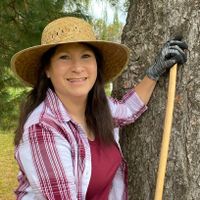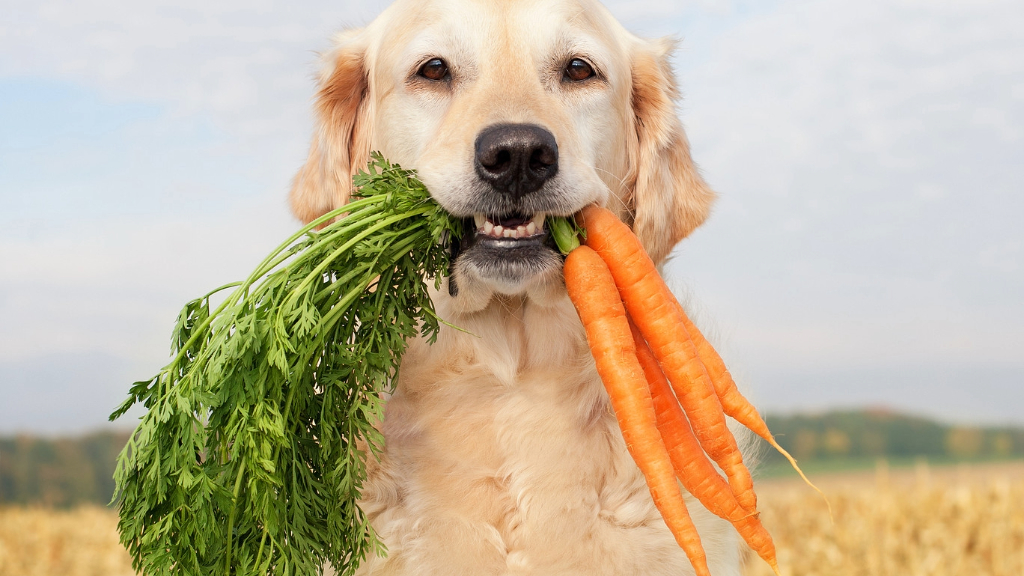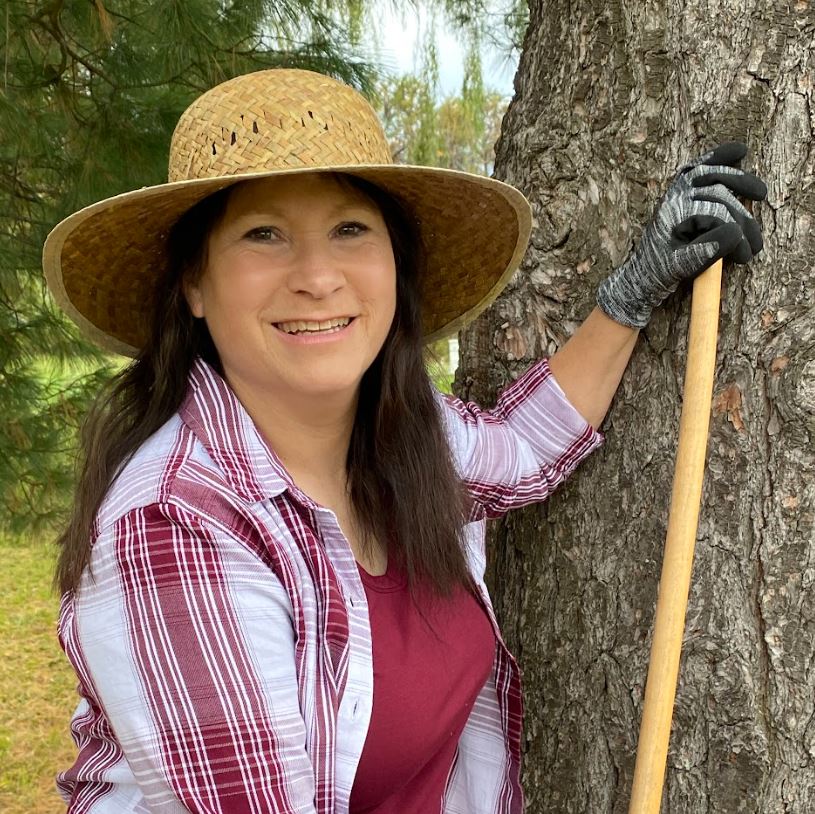Dog-Friendly Vegetables: 7 Garden Veggies To Grow For Dogs


Sign up for the Gardening Know How newsletter today and receive a free copy of our e-book "How to Grow Delicious Tomatoes".
You are now subscribed
Your newsletter sign-up was successful
Like many dog owners, I'm a sucker for those wishful eyes that follow my every movement while I'm eating. It's difficult to resist the temptation to slip my dogs a bite of human food. Luckily, many of the vegetables I grow in my garden are safe for my dogs to consume. That's right - dog-friendly vegetables! Additionally, these veggies to grow for dogs can be a healthy, low calorie snack alternative to store-bought treats!
Vegetables Dogs Can Eat
Like any snack food, I feed these veggie treats in moderation. (My vet tells me treats and table scraps should make up no more than 10% of my dog's total daily diet.) And just like in my own diet, it's best to avoid added salt, sugars, and fats. So, here's a list of the top 7 garden vegetables for dogs that I grow and share with my pooches:
- Carrots: This beta-carotene rich vegetable is a popular ingredient in many high-end dog foods. Use raw carrot chunks as "pocket-ready" training treats or shared cooked carrots with dogs. Be sure to cut these vegetables for dogs into bite-sized pieces to prevent choking. Danvers and Nantes are among my favorite carrot varieties to grow.
- Corn: Once the staple of many dog foods, corn contains essential proteins, fiber and vitamins. For dogs which don't have a grain allergy, simply top off a bowl of dog food with a spoonful of cooked corn. Be sure to remove the kernels from the cob, as corn cobs aren't digestible and can cause intestinal blockage. I like to share sweet corn varieties, like Peaches and Cream, because they have small, tender kernels.
- Cucumbers: This juicy vegetable contains few calories, but cucumbers are loaded with vitamins and minerals. I add extra peeled, half slices of cucumber to the side of my salad in the "no-dressing" area to share during meal time. I find the small-sized Boston Pickling cucumber to be the perfect amount for sharing with my dogs.
- Green beans: Dogs can eat all types of green beans, both raw and cooked. I steam up a batch of fresh-picked Blue Lake or Golden wax beans, then share with the dogs during dinner. This low-calorie table food is high in fiber, so the pups feel full without the weight gain. Just watch the kids to make sure they're not slipping their portion of beans to the dogs!
- Peas: English peas from the garden rarely make it to the stove top in my house. I love to shell peas and eat them raw. Unfortunately, many peas end up rolling onto the floor. No problem, since peas (shelled varieties), snow peas or sugar snap peas are perfectly safe vegetables dogs can eat.
- Pumpkin: Pumpkins are easy to grow and this popular Halloween decoration is also a natural and safe remedy for doggie diarrhea and constipation. When I prepare pumpkin to freeze for future pies, I also freeze dog-size portions of pumpkin in ice-cube trays. Anytime digestive upset strikes, I thaw a frozen pumpkin cube and add to their doggie diet.
- Watermelon: Although technically not a vegetable, many dogs like watermelon. I remove the rinds and seeds before offering this hydrating treat to my dogs. I've found Sugar Baby watermelons are the perfect size for sharing!
Sign up for the Gardening Know How newsletter today and receive a free copy of our e-book "How to Grow Delicious Tomatoes".

Laura Miller has been gardening all her life. Holding a degree in Biology, Nutrition, and Agriculture, Laura's area of expertise is vegetables, herbs, and all things edible. She lives in Ohio.